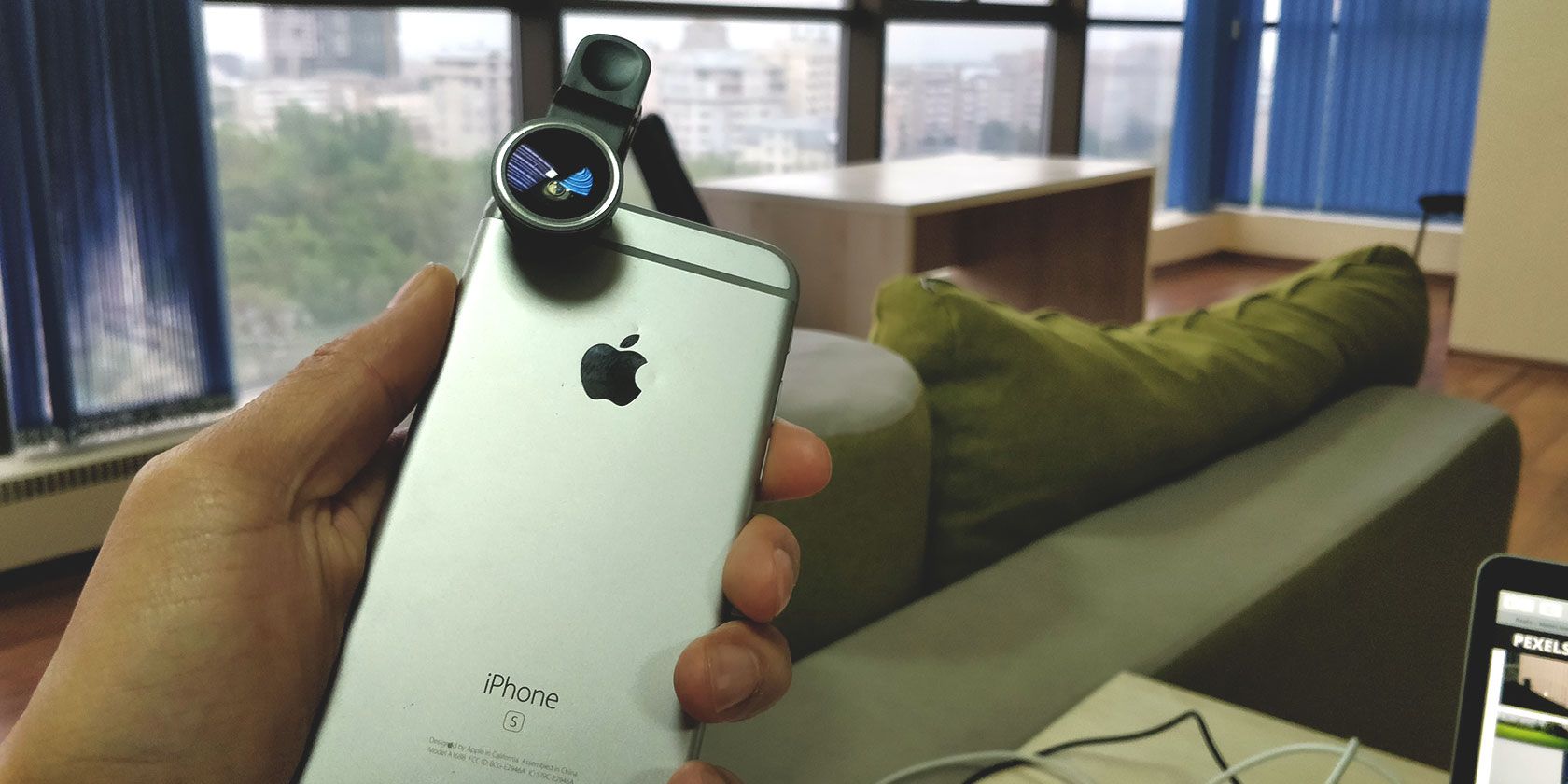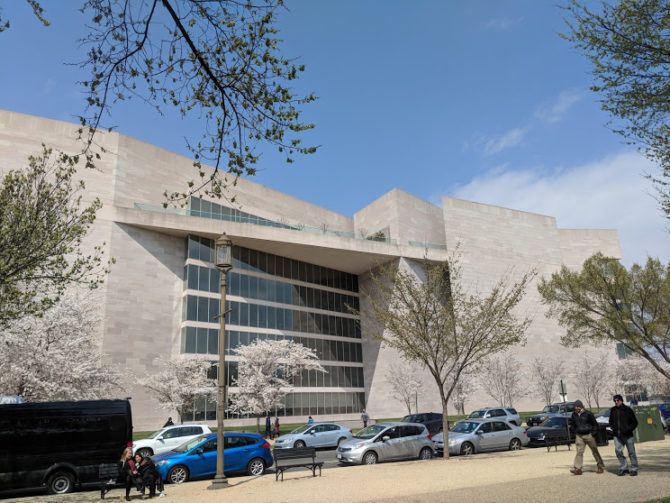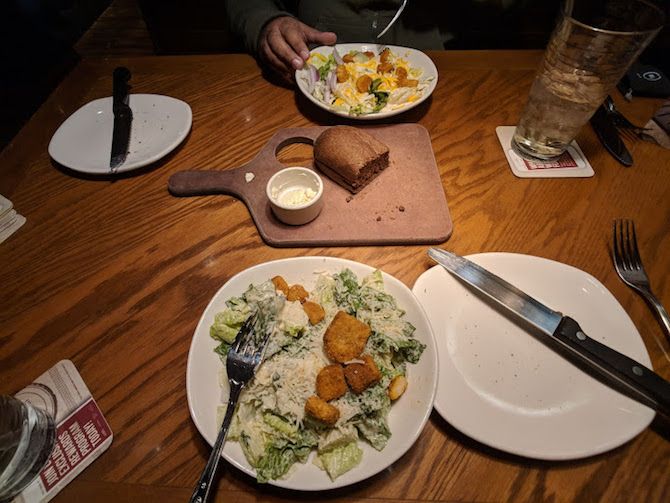It gets said a lot: "The best camera is the one you have with you." That has never rang truer than it does today, in the age of smartphone photography. But while smartphones are more convenient to carry around, DSLRs are still way ahead in versatility due to the wide range of lenses available.
That's why if you want to avoid lugging around a heavy DSLR but want to get more out of your phone's camera, you might try adding a smartphone lens to your arsenal.
Between the latest Samsung, Google, and Apple phones, there are some excellent smartphone cameras available to shutterbugs. And it's pretty much a guarantee that the next time you upgrade, your smartphone camera will come with great features. So why should you consider adding a lens?
You may want to carry less gear, improve the quality of your photos, or push the limits of your phone. Or maybe you're on the hunt for gifts for the photographer in your life. Whatever the reason, here's everything you need to know about smartphone camera lenses.
Your Smartphone Camera Has Limitations
One of the key reasons you should be considering a smartphone camera lens is that there are certain limitations your phone just can't get over, no matter how hard it tries:
- When it comes to hardware, your phone has a tiny lens, and it's only going to let in so much light.
- The biggest advance in phone cameras isn't coming through optics. It's being brought to you by software. Computational photography uses software to process your phone's images and exceed the native capabilities of the optics. You can see this in action on your phone when you take a panorama photo, use HDR, or use portrait mode on your phone. And of course, these features aren't perfect.
- Most phones only have digital zoom, and if you take your photography seriously, you'll never use it. Digital zoom doesn't tinker with your camera's optics, instead it just scales up the picture. You'll end up with a pixelated image that isn't that different had you taken the photo without zoom and just cropped it.
How to Get Past These Limitations
There are several types of smartphone camera lenses that can help you get past your phone's software and hardware limitations.
- Telephoto: Rather than rely on your phone's digital zoom feature, opt for a telephoto lens instead and catch those moments from a distance but with a crisp, clean photo.
- Wide Angle: A jack of all trades, a wide angle lens will come in handy with street or landscape photography, is great for food photography, and more.
- Macro: Your phone might have a macro option in the camera, but a macro lens will give you far more detail or texture.
- Fisheye: You can also get creative if you go for something like a fisheye lens. There are apps that claim to offer that kind of functionality, but let's be honest, they're just manipulations that will never look true to an actual fisheye lens.
Real-Life Lens Comparisons
This is all good and well, but what about an actual comparison of photos with and without a smartphone lens?
Just to give you an idea of what a lens can do, here are some real-life comparisons using the Google Pixel 2 XL, which is a smartphone with a great camera, with a Moment Wide Angle lens attached. Moment (which also makes a smartphone case you'll love using) claims that this lens doubles your phone's native field of view.
Since the Google Pixel 2 XL has a lens which is roughly the equivalent of a 26mm lens, the wide angle smartphone lens pushes that to the equivalent of 18mm, giving you a far wider shot.
Street Photography
I'm going to show you three photos that will help illustrate how helpful one of these lenses can be in your street photography.
The first photo is this pleasant exterior shot of the National Gallery of Art in Washington, DC. The photo was was taken with the phone's camera. It's a straightforward shot and the camera does a fantastic job of rendering the scene.
Let's look at the second photo---taken from exactly the same spot---but this time with the the wide angle lens attached.
That's a pretty big difference. I managed to fit almost the entire side of the building into the frame, and more importantly, the image quality hasn't suffered.
I can hear some of you in the back saying: big deal, why don't you just back up and get the same shot without having to shell out for another gadget. Good question. So let's do that.
Here's the same field of view, and the same portion of the building captured without the aid of the 18mm lens.
To get this shot, I had to back all the way across the street. Now I've got the same portions of the building, but I've also introduced a bunch of cars, a streetlamp, people I don't know, and some less photogenic trees.
I've sacrificed a lot of compositional cleanliness and control getting this shot. Focusing with one's feet isn't always the best answer.
Food Photography
If you're trying to to get a flat lay photo of your meal at a restaurant you're going to have to get up over the table. And if you're not a fan of standing up on a restaurant chair, attaching a wide angle lens to your phone will get you much closer to your goal.
Trying to capture a flat lay photo by holding your phone above the table, without standing up, will get you something like this (I was also contending with a low hanging lamp):
Holding the phone in the exact same spot, with the addition of the lens, gets you this:
As you can see, shooting with a smartphone lens helped me pack in much more detail without having to disrupt everyone else's meal in order to get the shot.
Should You Buy a Smartphone Camera Lens?
So, do you need to buy a third-party lens to improve your smartphone photography? For most users, no.
However, having a smartphone camera lens in your arsenal really does open up your smartphone photography to a whole new world of possibilities. And if you want to get even more out of your smartphone photography, you might want to consider ditching Instagram filters in favor of photo editing apps.
If you want to make money with smartphone photography or improve your photos of food---or you're a professional photographer looking to diversify your options---then a smartphone camera lens is definitely a worthy purchase.






